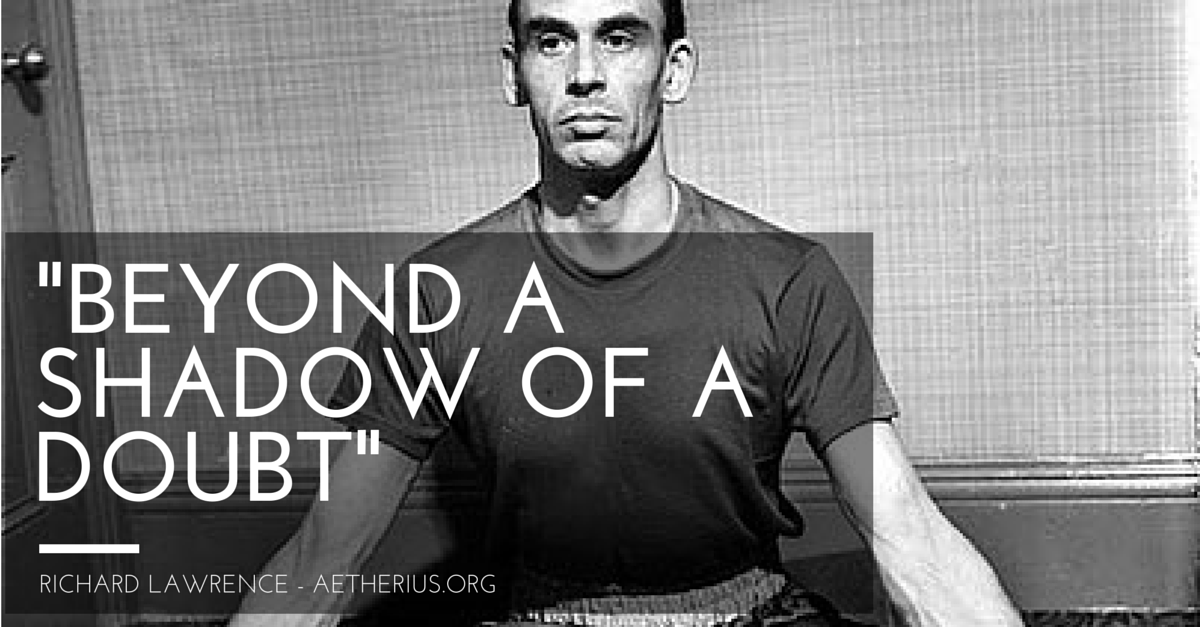

It is the leisure of these opening scenes, nearly twenty minutes, which gives weight and import to Uncle Charlie's arrival, itself a miniature masterpiece of introduction. Surrounding the Charlies' discontent and contempt for the ordinary is that ordinary world of fathers working nine to five jobs, mothers baking and keeping house, precious siblings, and bedtime prayers. Little Charlie bemoans in adolescent pangs to her father about the dullness of the family routine, while Uncle Charlie waxes on bitterly over dinner about the "fat, wheezing animals" he sees going on about life with no purpose. (Hitchcock mirrors this by introducing both characters rising from bed.) Both characters also deplore the ordinary. Eager to spice up the family routine, Little Charlie writes her uncle to beg him and visit, only to find at the telegraph office a message that he's on his way. The whole film pivots off the relationship between dear Uncle Charlie (Joseph Cotton) and his darling namesake, Little Charlie (Teresa Wright.) From the outset Hitchcock develops symmetries between the two. That Shadow of a Doubt works on so many levels and then equally well as a whole is a true directorial triumph.

When you stop to consider what has to come together before, during, and after shooting, one might be amazed that any good movie gets made at all, but when you see a great movie made without the luxuries of massive budgets, staff, and time, well you just need to tip your hat to one of the greats. There might not be a scene, even a shot, out of place in this masterpiece.

Yesterday's third time was most certainly the charm. My second viewing a few years later impressed me more as the craftsmanship became apparent: music, lighting, plotting. It was slow with a lot of corny elements. When I first saw Shadow of A Doubt, about ten years ago, I was a little underwhelmed. Top Ten: Reasons People Don't Like the Latin Mass.


 0 kommentar(er)
0 kommentar(er)
